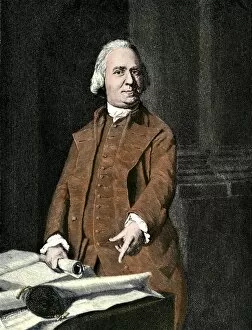Protester Collection (page 14)
Throughout history, protesters have taken a stand against injustice, fighting for their rights and beliefs
All Professionally Made to Order for Quick Shipping
Throughout history, protesters have taken a stand against injustice, fighting for their rights and beliefs. In 1936, unemployed coal miners gathered in Jarrow, England to demonstrate their plight and demand better working conditions. Their unified voices echoed through the streets as they sought justice. In the 1700s, Carolina colonists refused to pay taxes imposed upon them, standing up against unfair policies. Their defiance showcased their determination to protect their freedoms and resist oppressive measures. During World War I, American suffragists like playwright Mercedes de Acosta and her sister bravely protested for women's right to vote. They understood that gender should not hinder one's ability to participate in democracy and fought tirelessly for equality. Centuries earlier, Lady Godiva emerged as an iconic protester in the 11th century. As an Anglo-Saxon gentlewoman and patron of the arts, she fearlessly rode nude on a horse through Coventry to protest excessive taxation imposed by her husband Leofric. Her bold act symbolized resistance against unjust practices. In Monroe, North Carolina in August 1961, integration protests erupted as individuals demanded equal rights for all races. The photograph captured during this tumultuous time serves as a reminder of the ongoing struggle for racial equality. The New York City Draft Riots of 1863 saw mobs wreak havoc on First Avenue while sacking Brooks Brothers clothing store. This violent uprising reflected deep-seated frustrations with conscription during the Civil War. The Haymarket Square mass meeting held in Chicago on May 4th, 1886 was marked by both English and German handbills calling people together. This gathering became infamous due to its tragic turn when violence broke out between police officers and protesters advocating for workers' rights. Religious tensions flared up during Belfast riots in Ulster back in August 1872 when Orangemen attacked a Catholic procession. These clashes highlighted sectarian divisions within society that persisted throughout history.






